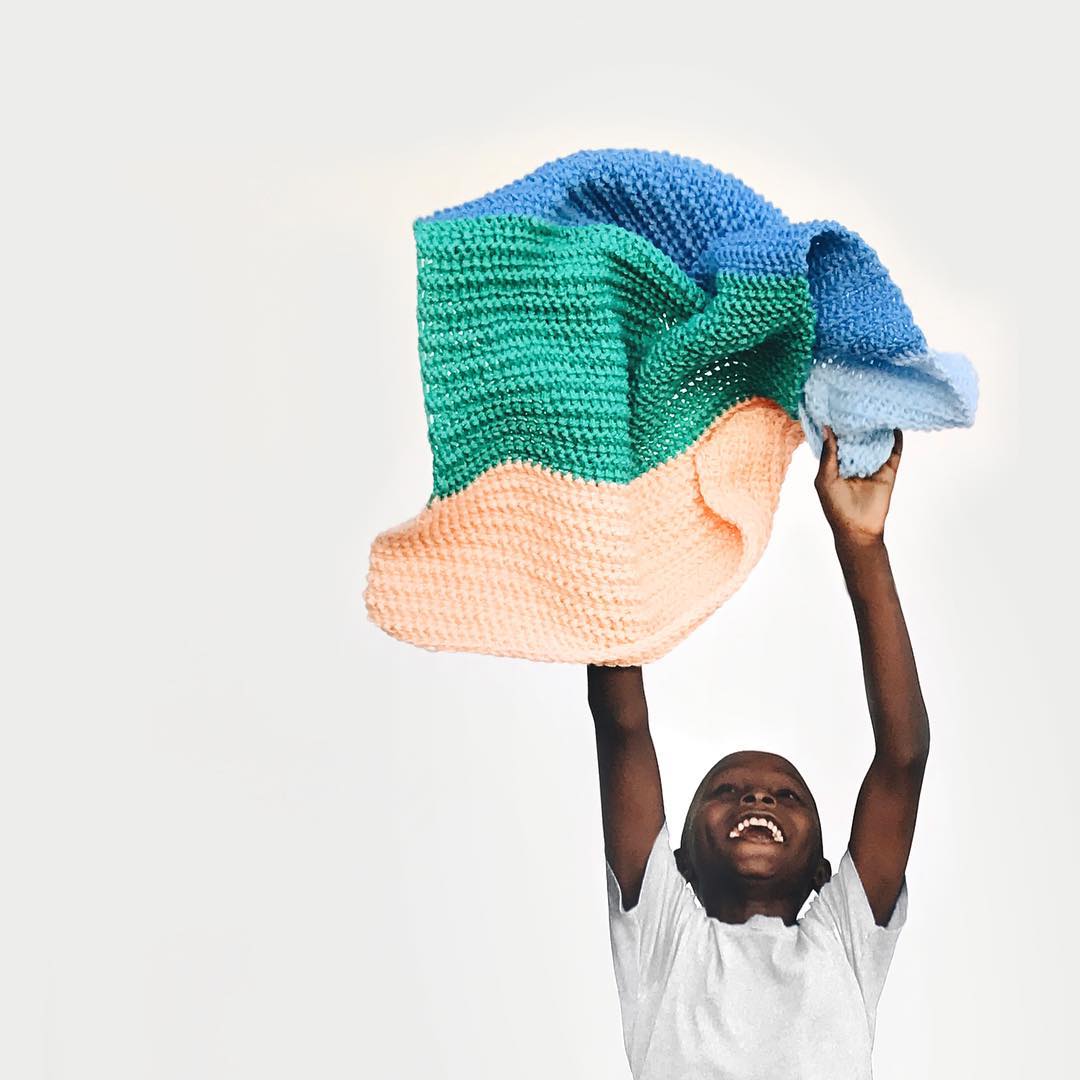

Teresa Carter is a knitter and an entrepreneur. But she was neither of these things when she first visited Haiti in 2010. It was just after the earthquake. She went to help with rebuilding and worked on a project at an orphanage.
Little did she know but this would mark the beginning of a lifelong connection to the country and its people.
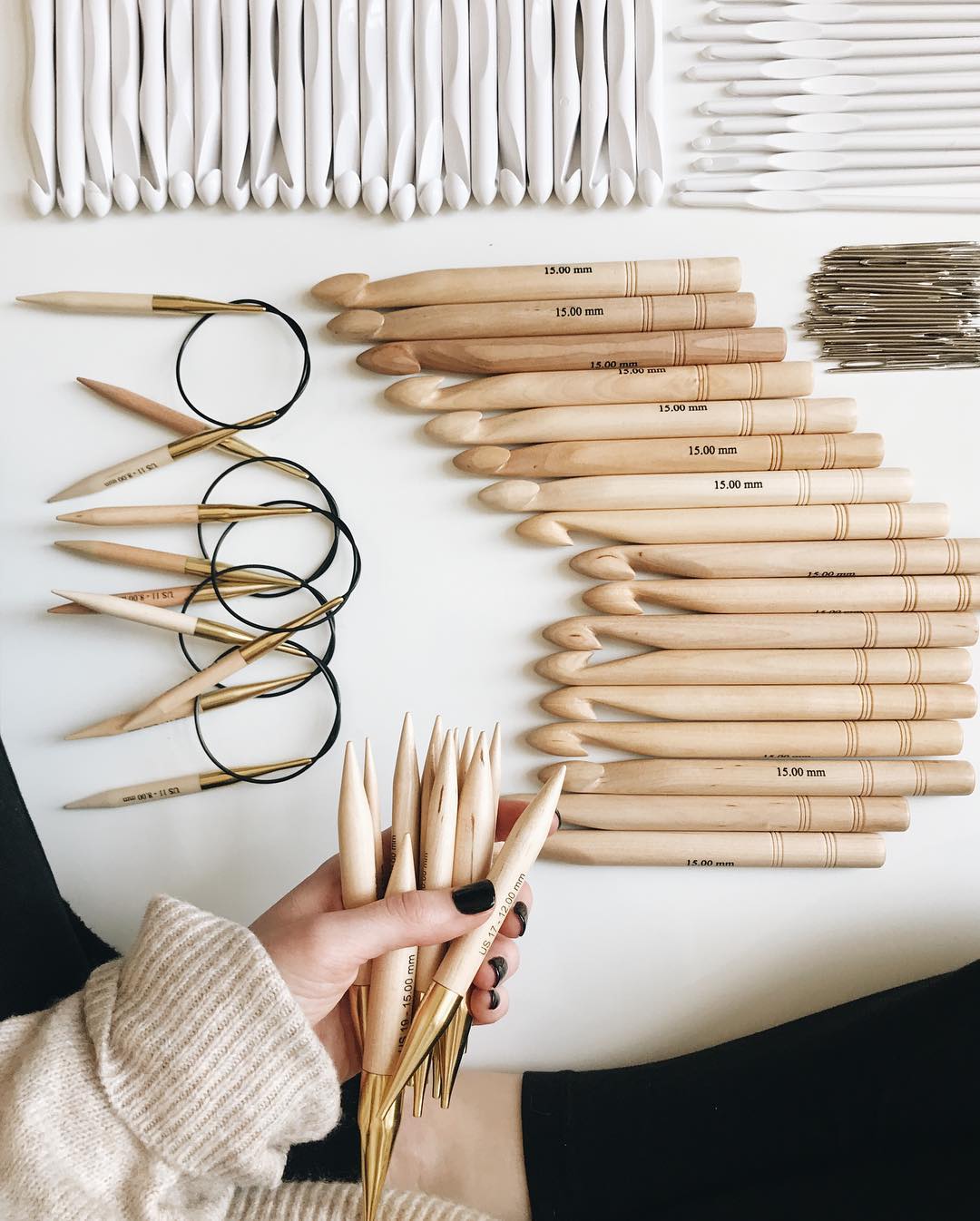
During that first time in Haiti, Teresa got to know the children living at the orphanage. “I'll never forget the first time we drove up to their temporary housing and they all ran out with such excitement to meet us.”
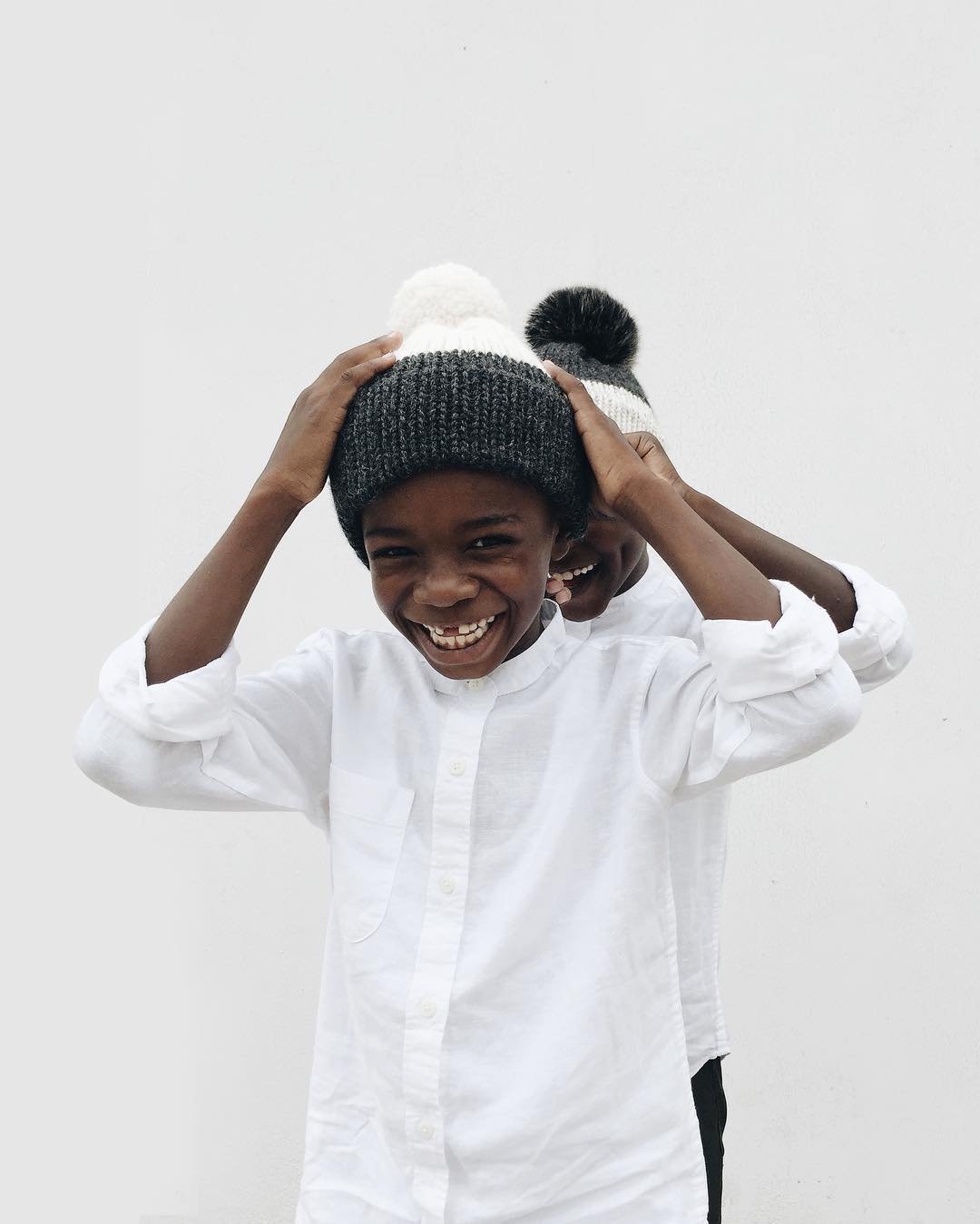
A boy called DeBrosse made a particular impression. “He was four years old and had this larger than life personality – he was (and is) as mischievous as he is lovable.” He, and the 66 other children he lived with, all struck Teresa with their laughter, energy and resilience.
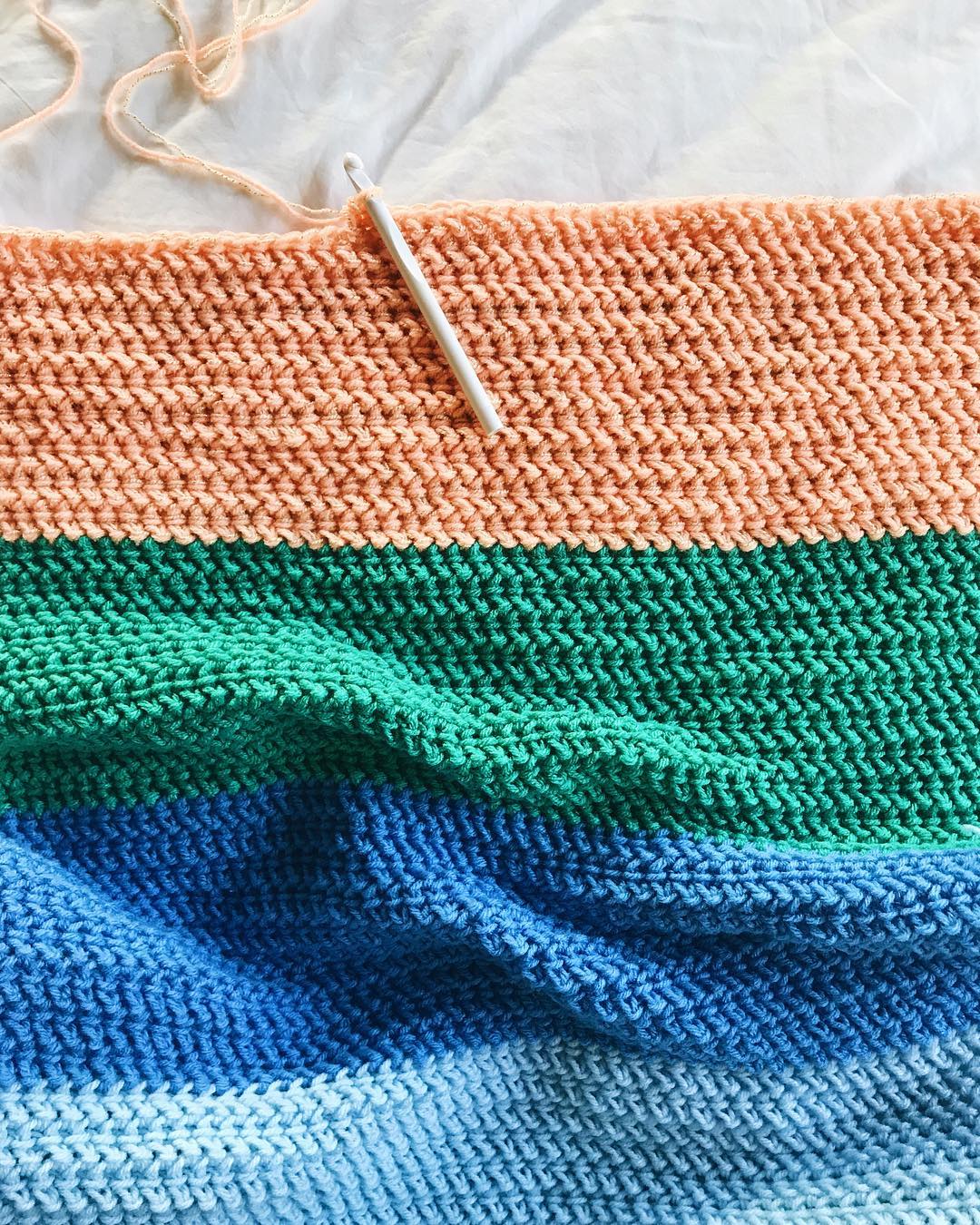
When she got home she felt a burning need to do more for them. So Teresa taught herself how to crochet. She wanted to make each of the children at the orphanage their own colourful, striped blanket – something that could be just theirs.
She made 154 blankets in total and returned to Haiti to deliver them herself. But this just was the beginning of an emotional, exciting and inspiring journey.

Teresa now runs DeBrosse, an online business named after that little boy in Haiti. Utilising her graphic design background and knitting expertise, Teresa creates knitted goods – beautiful blankets, beanies, scarves and homewares. She sells the knitting patterns she devises. And helps other knitters and crafters to develop their own small enterprises.
By donating 15% of DeBrosse’s sales to three partner orphanages in Haiti, Teresa has found a more sustainable way to help.
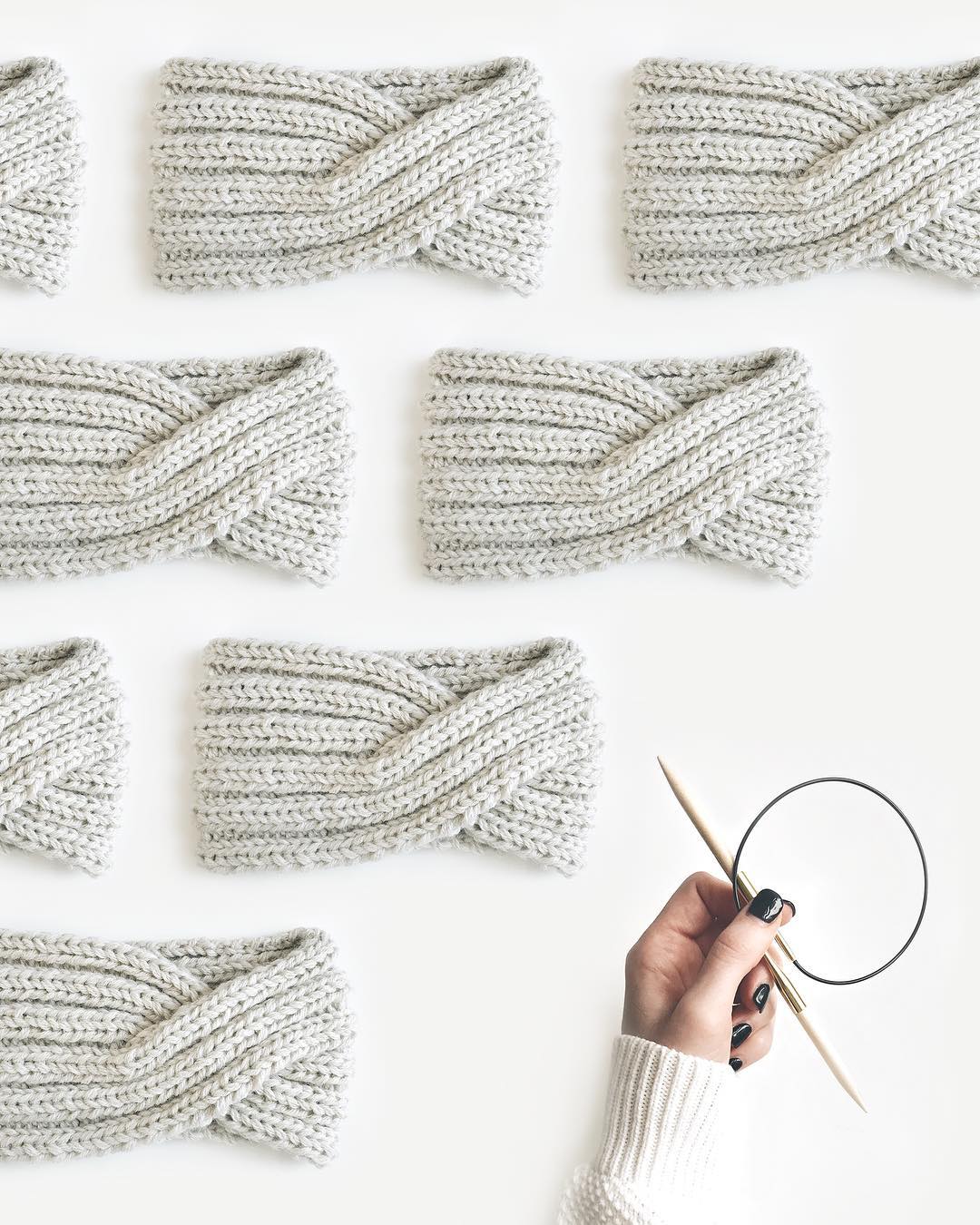
The situation in Haiti is complex, says Teresa. She tells us that many of the children in Haitian orphanages (up to 80%) actually have at least one living parent. In a country where poverty is rife, parents can’t always afford to care for their children. Orphanages are seen as an opportunity to give children the food, healthcare and school education they themselves can’t afford.

But orphanages don’t always offer a better life. Some have children living in terrible conditions. And others purposefully acquire children in order to fund a business model for their owners.
“As a whole I would say that the people of Haiti are wildly underserved by their government,” says Teresa, “There is a devastating lack of education and employment opportunities, both of which contribute to the orphan crisis.”
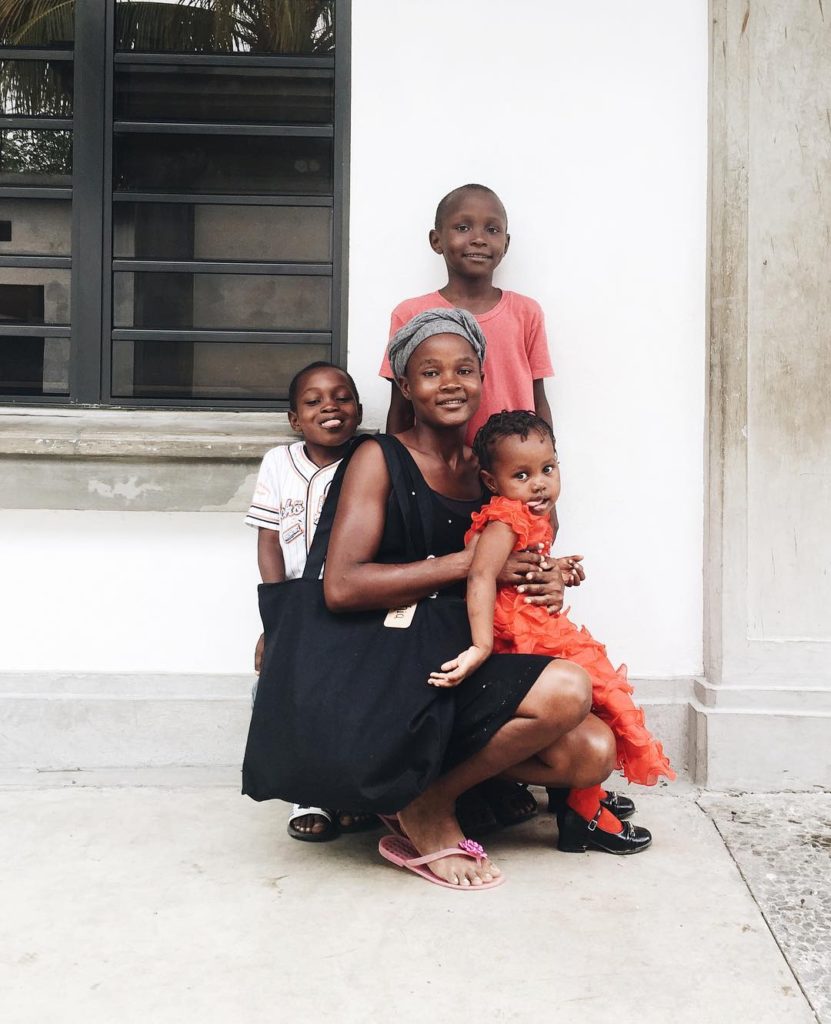
The ideal, says Teresa, is for children in orphanages to be reunited with their parents. And this is only possible when a family has enough money to support all of its members.
With this in mind, on one Haiti visit Teresa taught a three week crochet class to some of the children’s mothers. Teresa ended up working with Kathia, DeBrosse’s mother. She employed her to work on the fall collection in 2016. And was able to add Haitian-made items to the store.
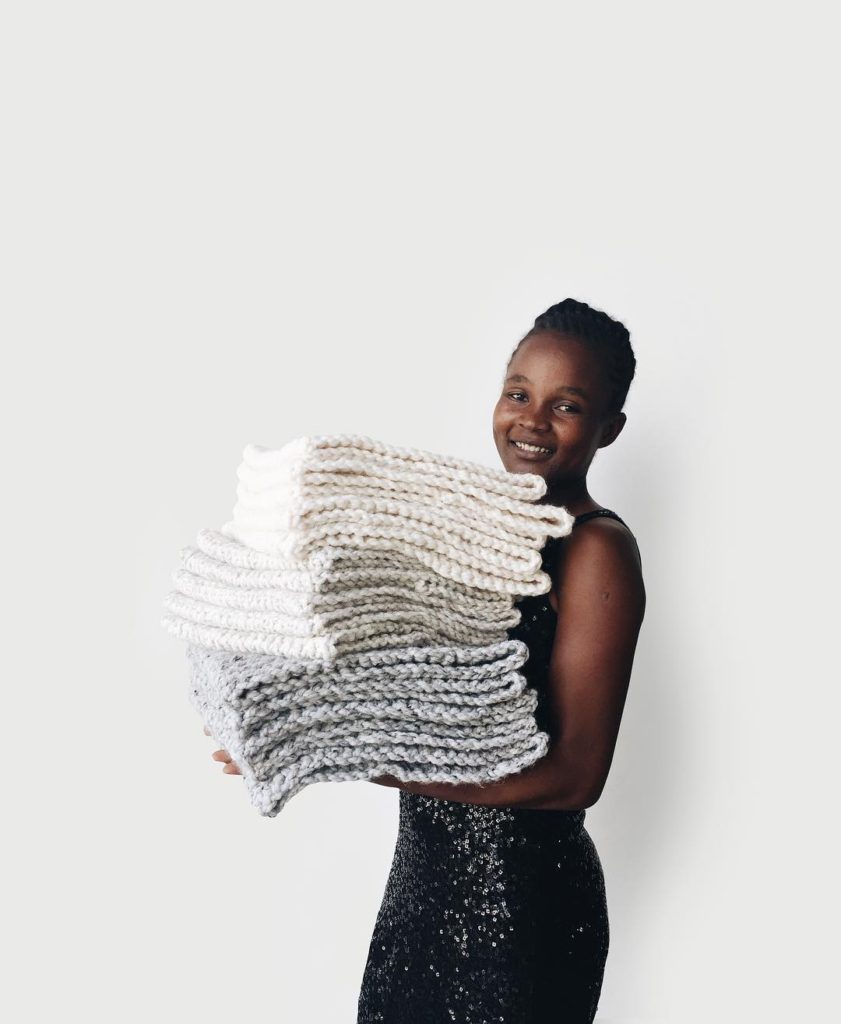
DeBrosse helps parents in other ways. The money the business raises has been used to grant employment loans. It’s covered costs such as a new roof for a family home and school tuition for children living back with their parents. But with huge practical and cultural challenges to overcome, investing in orphanages is immensely important too.
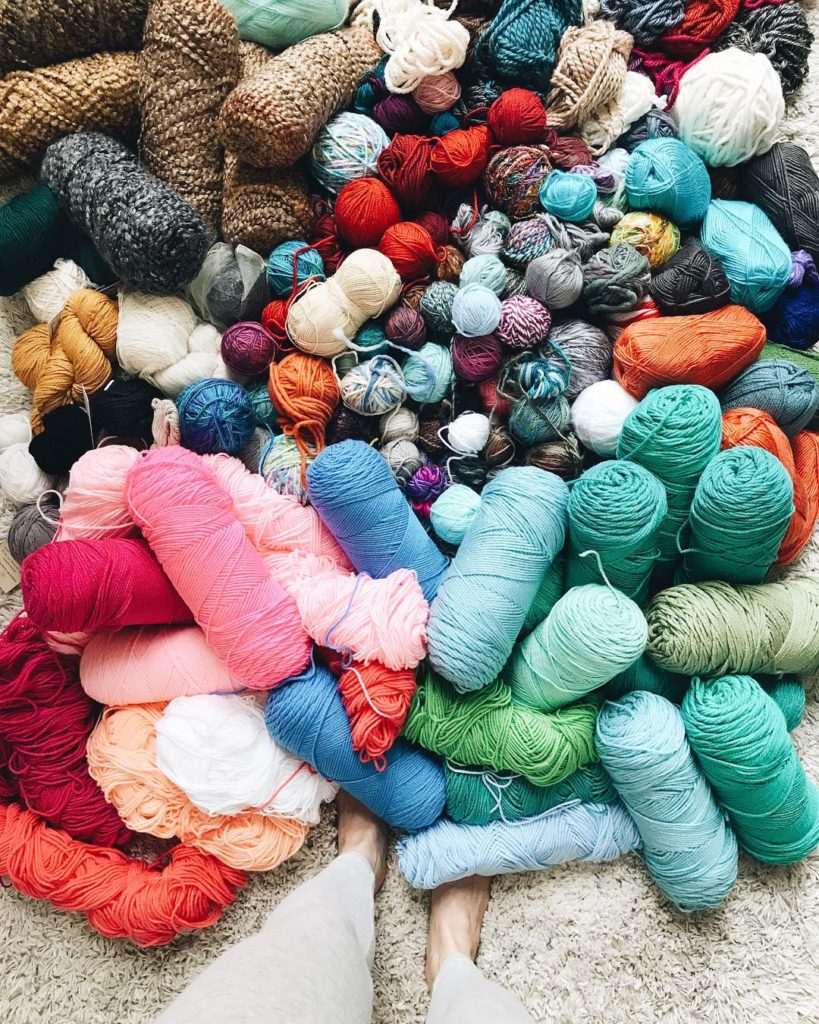
Teresa is confident that her partner orphanages provide the right kind of environment for the children who live there. “The home where DeBrosse lives is everything but what you are probably imagining. He enjoys three home cooked meals a day, receives an education, has mamas and papas who care for him so well, a hand painted soccer mural on his bedroom wall, and an entire team of people in place to ensure that he flourishes.”
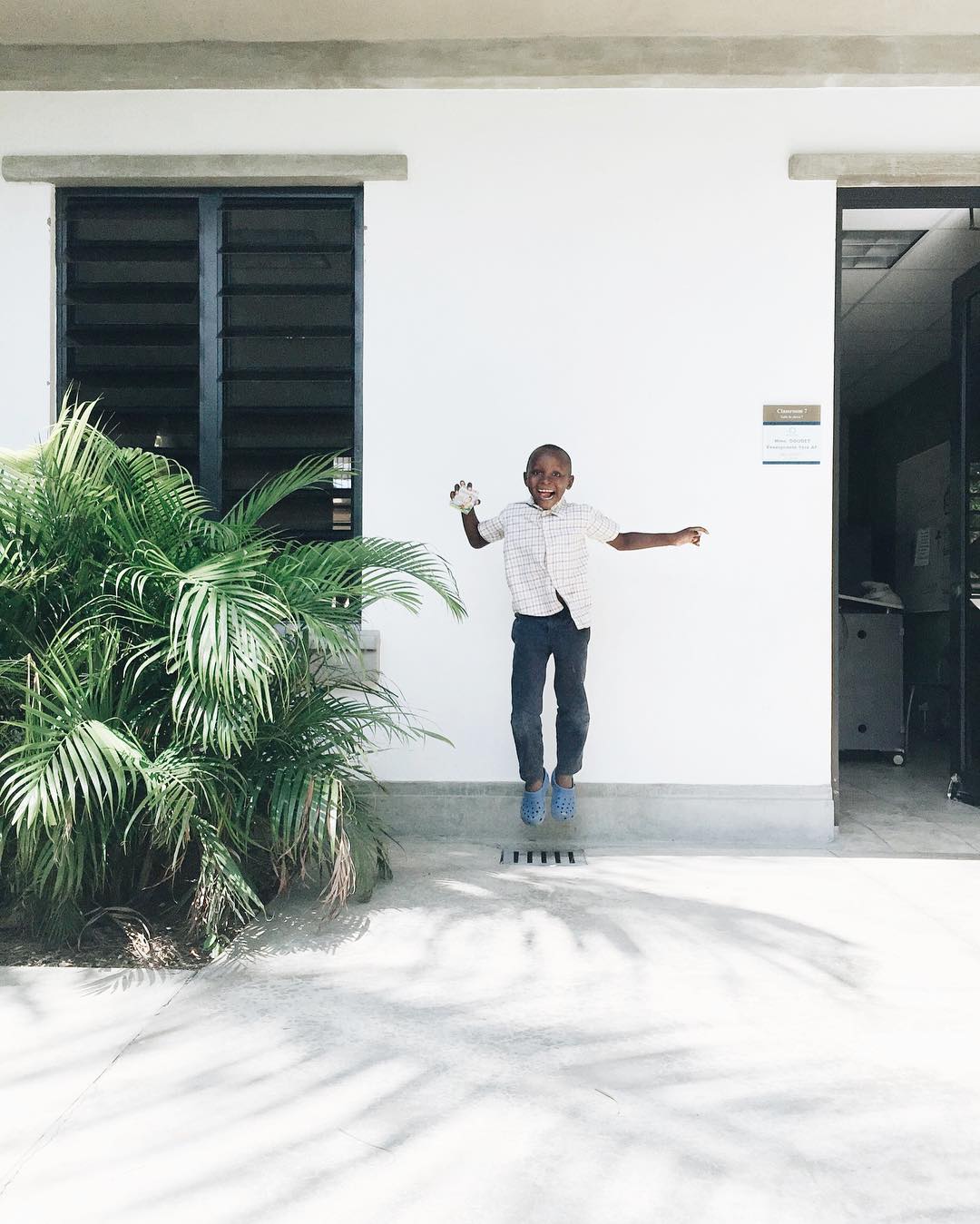
The DeBrosse enterprise has now donated tens of thousands of dollars to its three partner orphanages in Haiti. Teresa works closely with the directors and knows where the money goes.
It’s been used to cover schooling, healthcare, security, food, formula milk and to decorate the children's bedrooms. It’s having a huge impact on the lives of DeBrosse and his friends.
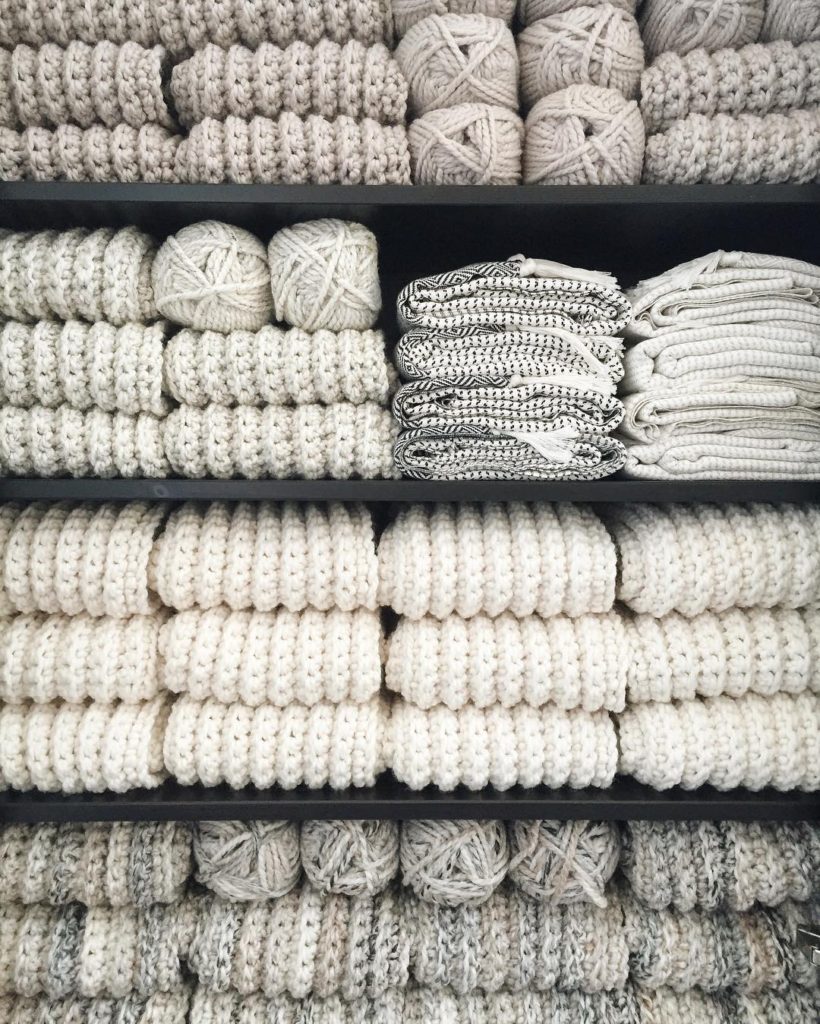
Now DeBrosse is 11 years old. “I still visit him every year,” Teresa tells us “And we Facetime whenever we can…At this point he just feels like family.” And life for Teresa can be categorised into “before Haiti” and “after Haiti”. That first visit changed things forever.
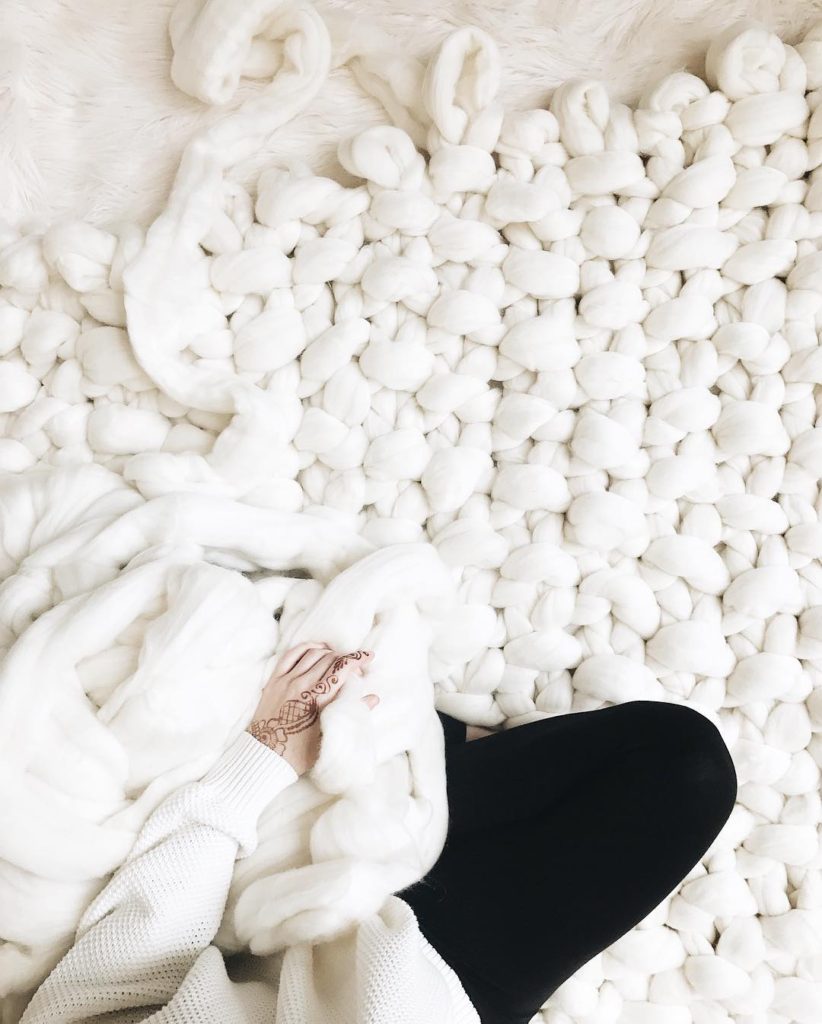
We ask her about her dreams for the future of the business. “I hope that it is always a brand that breathes life into those who spend time with it," Teresa replies, "Whether that’s knitters enjoying my patterns, small business owners growing through my Masterclass, or children in Haiti who get to attend school another year. I love (and can't believe) that I get to do this for a living.”

Huge thanks to Teresa for sharing her inspirational story with us. You can see more of her knitted creations over on Instagram and at the DeBrosse store.
